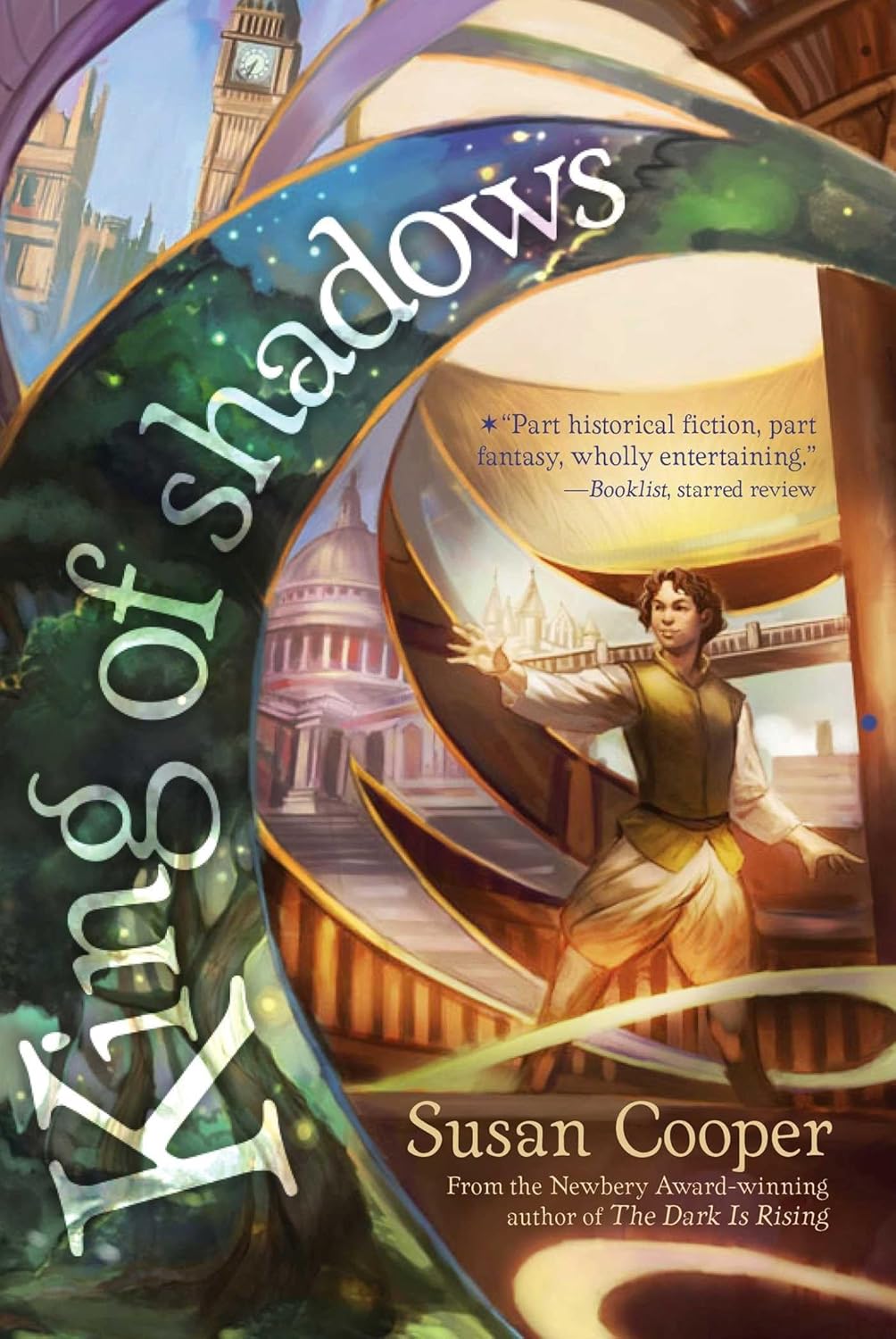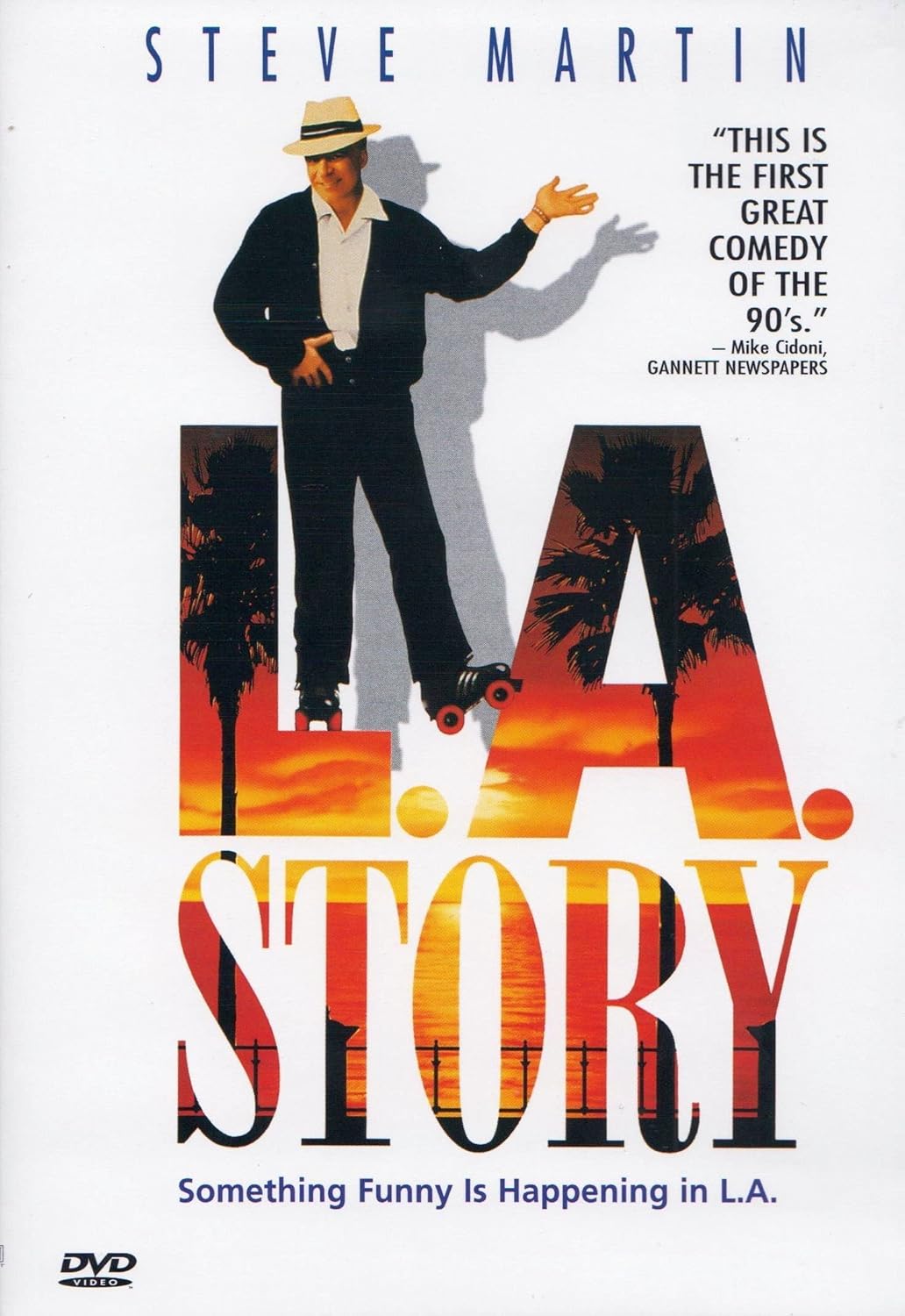 Shakespeare in Words and Music. Dir. Albert Girard and Jean-Jacques Sheitoyan. Perf. Attila Ciemann, Pascale Beaudin, Daniela Candillari, et al. 2008. DVD. Kultur, 2008.
Shakespeare in Words and Music. Dir. Albert Girard and Jean-Jacques Sheitoyan. Perf. Attila Ciemann, Pascale Beaudin, Daniela Candillari, et al. 2008. DVD. Kultur, 2008.
Although the music of Jean Sibelius has its affinities with the soundtracks of
Star Trek, that would be stretching things quite a bit. We'll have to consider this a brief interruption to "Shakespeare and
Star Trek Week" here at Bardfilm.
With the remnants of my Shakespeare and Film budget, I recently purchased the just-released
Shakespeare in Words and Music, hoping that I would be pleasantly surprised. I have a vague notion that "Shakespeare and Opera Week" will be in
Bardfilm's future, and I thought this DVD might help me think about that.
The DVD is a humdrum collection of poorly-written introductions, rote performances of set pieces from Shakespeare, and static (though generally good) musical performances. I was going to try to be kind about the quality of the introductions, but I had the film running in the background while writing this post, and this quote just happened by:
"Ha, ha! Music was so important to Will."
[Shudder.]
I'm afraid the acting and scripting are reminiscent of the DVD entitled
Shakespeare's Soliloquies (for which,
q.v.). I really don't want to be too harsh; I have great sympathy for out-of-work actors, and these actors seem very eager to have these roles after having been out of work for some time. But it's not good acting. I'm sorry. Even when the script is Shakespeare's own words.
The singing (and the instrumental works, though they are minimal—the DVD focuses on the marriage of music and text) is quite good, and it is interesting to have two hours' traffic of Shakespeare-based music in one convenient location. But it is, on the whole, a disappointing purchase.
The "Broadway Bound" section is particularly disappointing. Except for one song from
Boys of Syracuse, every song in that section is from
West Side Story. I would have a appreciated a lot more variety there—including some
Kiss me, Kate, for example! Otherwise, I would have spent the money on the film version of
West Side Story, which has imminently better performances than these.
Here's a representative sample of the acting and the singing from the section entitled "Foreign Masters." As a bonus (or punishment?), you get a brief introduction to the next song on the DVD.
P.S. Hamlet (as I'm watching along) just said this:
Her mind has lost sway [or “its way”? Annunciate, man!], but Will Shakespeare captures its every descent into a personal solitude of hopelessness. If you should have the mind for it—you’ll pray excuse my choice of words—prepare yourselves to twist and turn with the distraught Ophelia.
And then the film segues to "Shake it up, Baby," performed by a Beatles Tribute Group.
Actually, they don't. But that would be far funnier than what they do do.
Click below to purchase the film
(though you have been warned)
from amazon.com
(and to support Bardfilm as you do so).
.png) “Ménage à Troi.” By Fred Bronson and Susan Sackett. Perf. Patrick Stewart, Jonathan Frakes, LeVar Burton, and Michael Dorn. Dir. Robert Legato. Star Trek: The Next Generation. Season 3, episode 24. Syndicated television. 10 June 1990. DVD. Paramount, 2002.
“Ménage à Troi.” By Fred Bronson and Susan Sackett. Perf. Patrick Stewart, Jonathan Frakes, LeVar Burton, and Michael Dorn. Dir. Robert Legato. Star Trek: The Next Generation. Season 3, episode 24. Syndicated television. 10 June 1990. DVD. Paramount, 2002. 









































